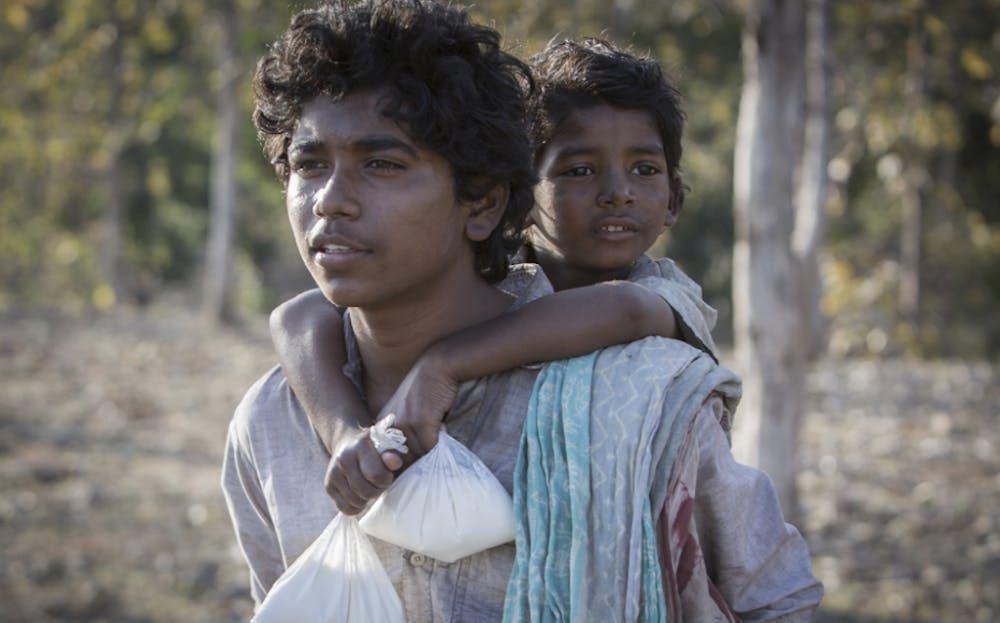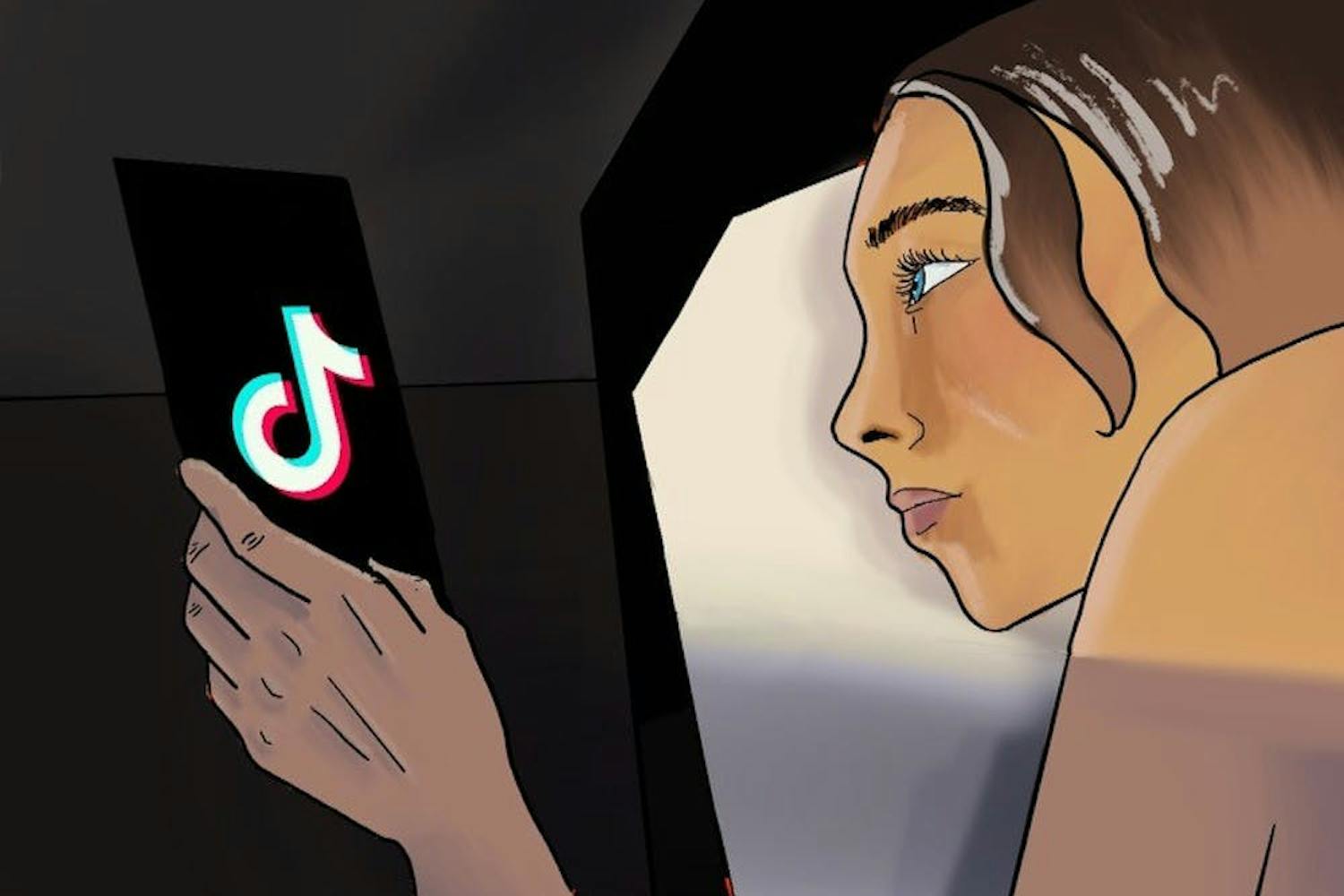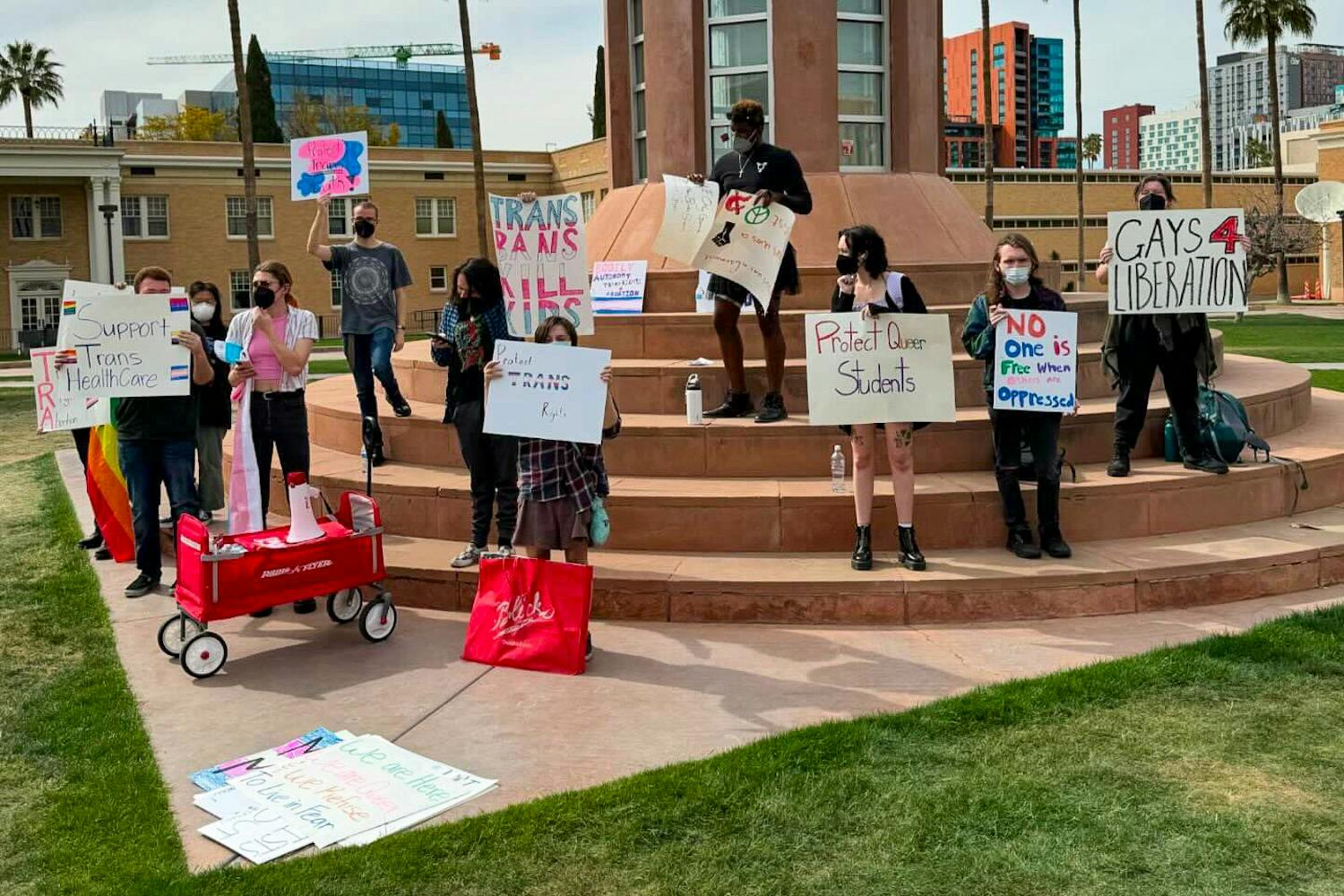As the #1 public university in the United States for International Students, ASU is home to students from all backgrounds. That being said, it's still difficult for American-born students to visualize the experiences their international peers face.
As a 20-year-old woman who feels serious anxiety when lost in Downtown Phoenix, I wouldn't have lasted a minute in five-year-old Saroo Brierley's shoes.
Based on a true story, “Lion” tells the tale of Saroo, a young boy who was lost in India at age five when he fell asleep on a train, which carried him 1600 kilometers away from home and across India.
During his time in the city of Calcutta, the lost, scared and hungry boy fled from gangs that kidnapped children in the night and scrounged for food and shelter until he was finally thrown into an orphanage where children were beaten if they misbehaved.
Finally, he was adopted by a loving Australian couple, but twenty-five years after his disappearance, the memory of his home still haunted him and he embarked on a remarkable search to unearth his past.
Behind the incredible story of family is the theme of cultural conflict. Saroo struggles to assimilate his privileged life in Australia with his impoverished background. Aside from his physical travels, he mentally journeys to unify the two parts of his personality: that of his Indian childhood and his Australian adulthood.
While there likely aren’t any Sun Devils who were kidnapped and brought to America as children, the story of cultural difficulties rings true to a huge percentage of our population.
Even those born in the U.S. should learn more about these troubles so we can better understand one another and form a more cohesive community.
Students and faculty alike should ponder on the fact that many of their peers face unique struggles, much like that of Saroo. With an influx of refugees, and immigrants fleeing difficult situations, Saroo's story is timely and has much to teach us.
ASU shows its appreciation for international students by giving them their own orientation, a support center and weekly workshops. While this accommodation is helpful, it's equally important for students to feel understood and represented.
Adjusting to a new culture is tough. Because the U.S. is more focused on class participation than other countries, international students may struggle to adapt to new methods of teaching. There's the obvious threat of culture shock, as well as social, financial and academic challenges.
Scholars of all backgrounds have a lot to learn from one another. Exposing oneself to multiple cultures enables self-growth. It’s important to honor and respect other people’s cultures as well as your own because culture is a critical aspect of self-identity.
Honoring multiculturalism is a lesson for everyone, not just scholars. Diversity is a powerful force in the workplace, and perfecting the art of intercultural communication will enable better work relations.
"One thing which helps when you are working with a multicultural team is actually knowing how they work and assigning deadlines accordingly," Sanjeev Ravindranathan, operations head for AZLoop Hyperloop ASU team, said. "There's always a communication gap. You might use a phrase someone's not familiar with, so you might miss out on something."
Intercultural communication, as seen in the movie "Lion," is critical to the betterment of a campus environment. By opening ourselves up to people from different walks of life, we can expand our minds and learn more about the world. Isn't that what college is all about?
Reach the reporter at sosulli2@asu.edu or follow @serenaeosully on Twitter.
Editor’s note: The opinions presented in this column are the author’s and do not imply any endorsement from The State Press or its editors.
Want to join the conversation? Send an email to opiniondesk.statepress@gmail.com. Keep letters under 300 words and be sure to include your university affiliation. Anonymity will not be granted.
Like The State Press on Facebook and follow @statepress on Twitter.




